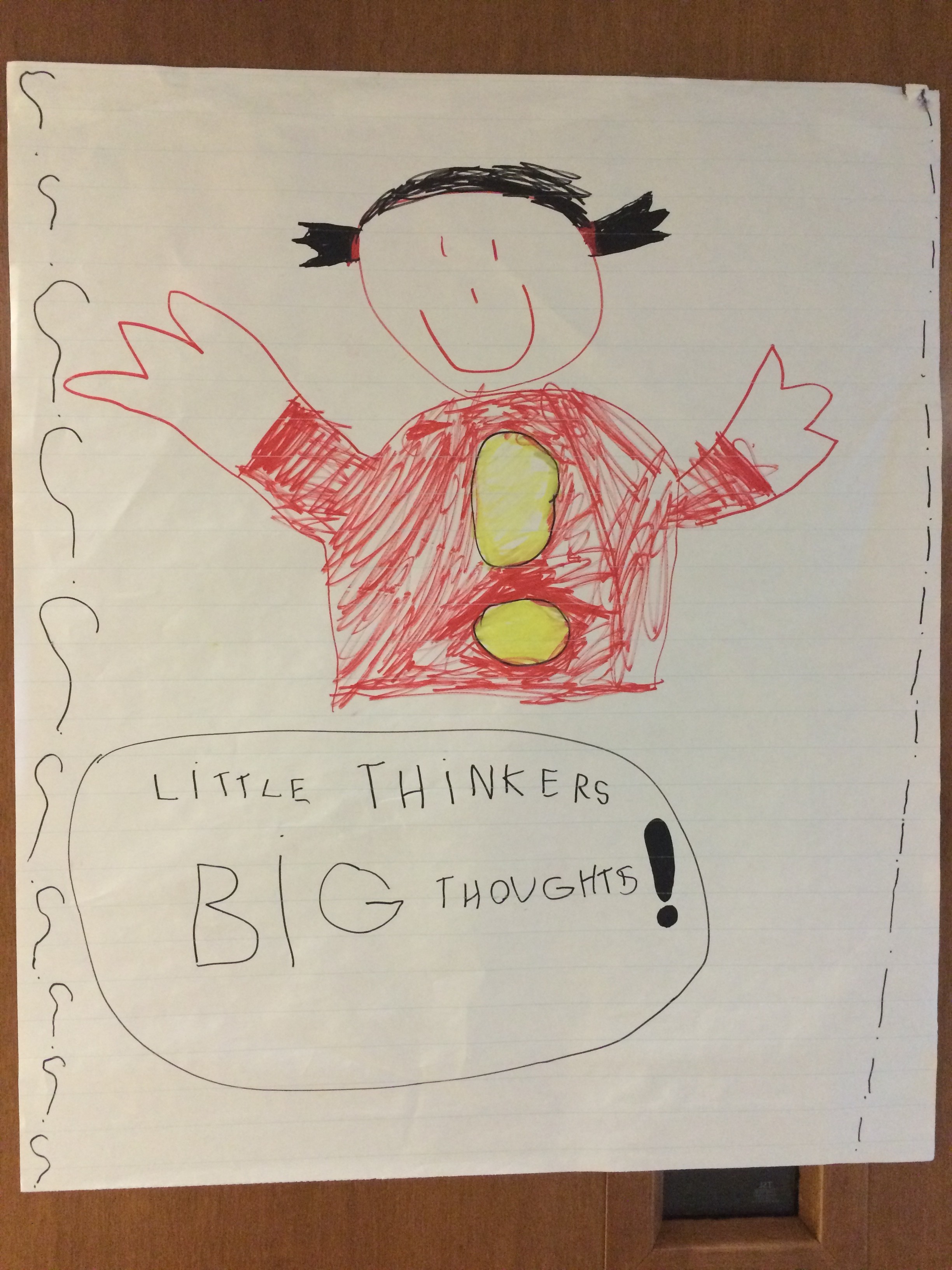
Tackling big questions with your little thinker will accomplish many things. It will open up amazing new avenues for discussion. It will spark their curiosity. It will build a bond of trust between you and them. It will be fun. None of this should come as a shock to you, but here’s a bit of a surprise: engaging your kids in philosophy will make you realize that you’re not done learning. Not even close.
We get a lot of comments from parents about this, both from those who’ve studied philosophy before, and who are, like their kids, new to it. They tell us that while they were contemplating fairness with their wee one, they started thinking about it themselves too. While asking about beauty and art, they realized they hadn’t batted around these ideas for a while. While playing with notions of truth, happiness, right and wrong with their kids, it occurred to them that they themselves really weren’t settled on these notions at all. What they thought was going to be a fun and interesting activity with their kids turned into a bit of an epiphany for them.
You know what? It’s okay. It’s better than okay, it’s what philosophy is supposed to feel like. Socrates himself wandered around Athens for years proclaiming that the only thing he was sure of was his own ignorance. Descartes built an entire methodology on the notion that everything needed to be doubted in order for a person to become a proper thinker. Whitehead reassured learners that it was normal to go back to a “romantic” phase, to go back to the beginning of the process and gobble up knowledge for its own sake. The feeling of being taken “back to school” is really what philosophy is all about, at any age. You’re likely to find that the person who schools you is the same one who leaves their socks in the couch, loves plastic action figures, and can’t get enough grilled cheese sandwiches.
Our advice? Enjoy it. Your kids will be, so why not you?
